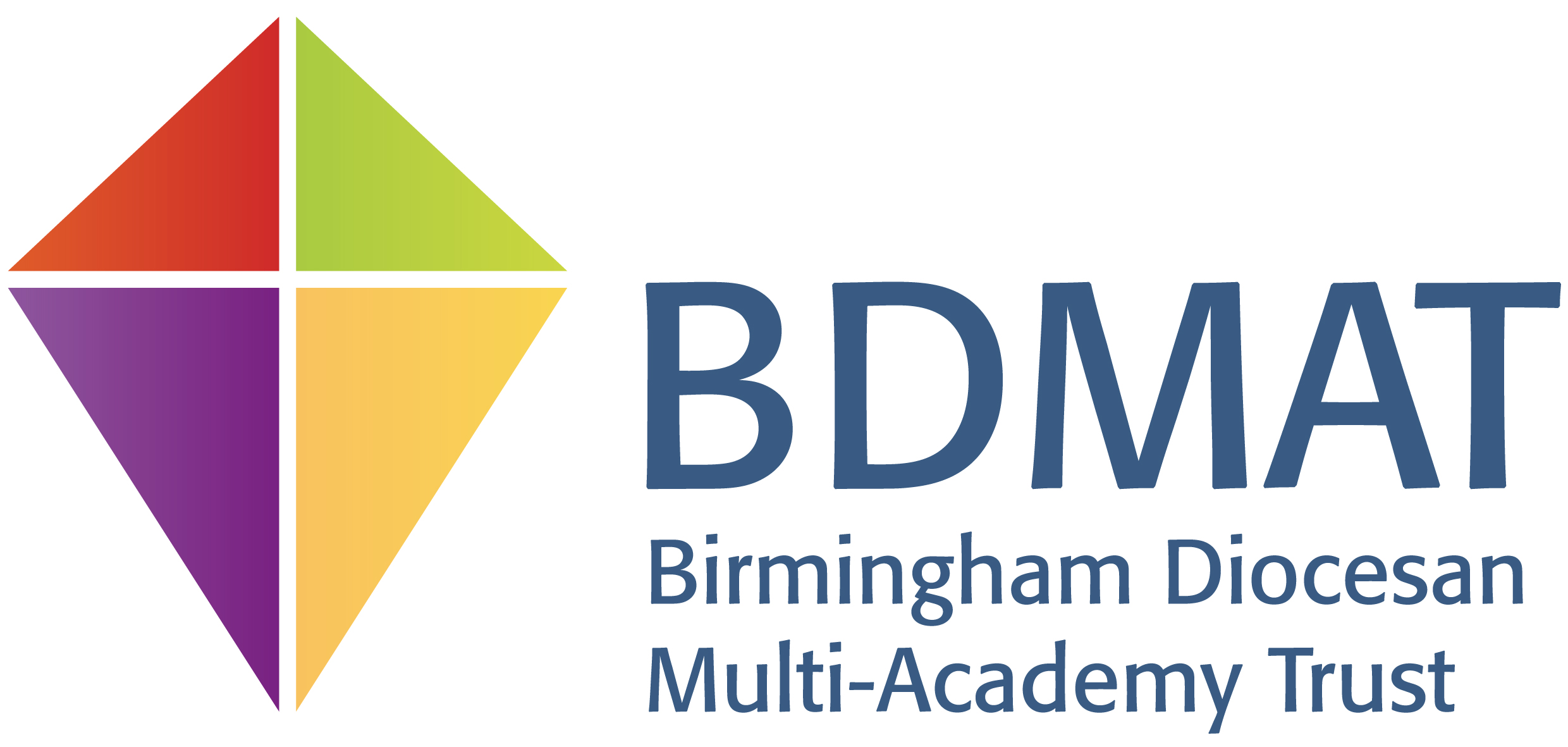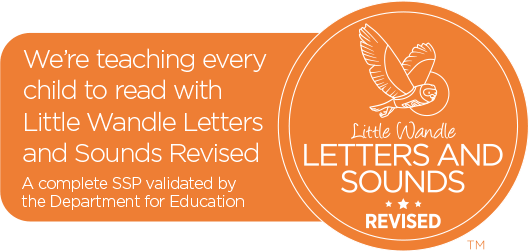Phonics
Little Wandle Letters and Sounds Revised
At Holy Trinity CE Primary Academy, we believe that all our children can become fluent readers and writers. It is essential that our approach to teaching phonics and reading is accessible to all learners, regardless of background. This is why we teach reading through Little Wandle Letters and Sounds Revised, which is a systematic and synthetic phonics programme. We start teaching phonics in Reception and follow the Little Wandle Letters and Sounds Revised progression, which ensures children build on their growing knowledge of the alphabetic code, mastering phonics to read and spell as they move through school.
As a result, all our children are able to tackle any unfamiliar words as they read. At Holy Trinity, we also model the application of the alphabetic code through phonics in shared reading and writing, both inside and outside of the phonics lesson and across the curriculum. We have a strong focus on language development for our children because we know that speaking and listening are crucial skills for reading and writing in all subjects.
At Holy Trinity, we value reading as a crucial life skill. By the time children leave us, we aim for them to read confidently for meaning and regularly enjoy reading for pleasure. Our readers are equipped with the tools to tackle unfamiliar vocabulary. We encourage our children to see themselves as readers for both pleasure and purpose.
As we believe teaching every child to read is so important, Mrs Haughey is our Reading Champion who drives the early reading programme in our school. The Reading Champion is highly skilled at teaching phonics and reading, and they monitor and support our reading team, so everyone teaches with fidelity to the Little Wandle Letters and Sounds Revised programme.
How we teach phonics and early reading
- Children make a strong start in Reception: teaching begins in Week 2 of the Autumn term.
- We teach phonics for 20 minutes a day. In Reception, we build from 10-minute lessons, with additional daily oral blending games, to the full-length lesson as quickly as possible. Each Friday, we review the week’s teaching to help children become fluent readers.
- We follow the Little Wandle Letters and Sounds Revised expectations of progress: Children in Reception are taught to read and spell words using Phase 2 and 3 GPCs, and words with adjacent consonants (Phase 4) with fluency and accuracy. Children in Year 1 review Phase 3 and 4 and are taught to read and spell words using Phase 5 GPCs with fluency and accuracy.
- The progression has been organised so that children are taught from the simple to more complex GPCs, as well as taking into account the frequency of their occurrence in the most commonly encountered words. All the graphemes taught are practised in words, sentences, and later on, in fully decodable books. Children review and revise GPCs and words, daily, weekly and across terms and years, in order to move this knowledge into their long-term memory.
- Children need to learn to read as quickly as reasonably possible, so they can move from learning to read, to reading to learn, giving them access to the treasure house of reading.
- Our expectations of progression are aspirational yet achievable by maintaining pace, practice and participation by all children. Children who are not keeping-up with their peers will be given additional practice immediately through Keep-Up sessions.
Phonics and Early Reading Policy
Little Wandle Programme Progression Document
Phonics Resources for Parents
To support your child at home, please access the parents section on the Little Wandle website. You will find several downloadable documents and videos that help your child with the correct pronunciation of phonic sounds covered in Reception and Year 1.
Reception Autumn 1 grapheme information sheet
Reception Autumn 2 grapheme information sheet
Reception Spring 1 grapheme information sheet
Glossary of Little Wandle Letters and Sounds Revised: Terminology
Year 1 Phonics Screening
Children in Year 1 will sit the Phonics Screening Check in June each year. Any child not passing the check re-sits it in Year 2. During the Phonics Screening Check, children are asked to read 40 words. Most of these words are real words but some are pseudo-words. Pseudo-words are included to ensure that children are using their decoding skills and not just relying on their memory of words they have read before.



